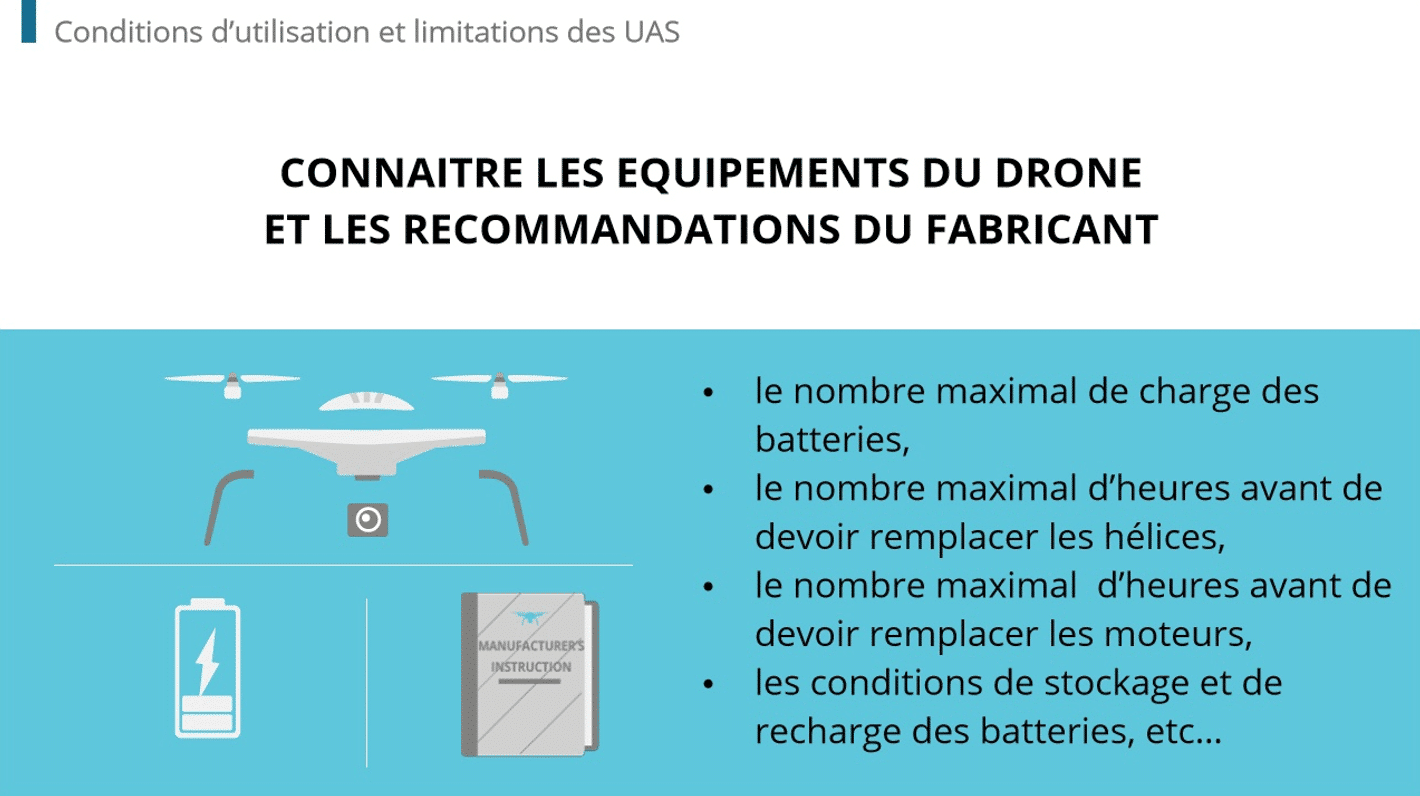What is the Foreign Corrupt Practices Act?
If your company conducts business with overseas customers, then there must also be an anti-corruption training program in place. The training must satisfy the provisions under the FCPA. The FCPA was established in 1977 by the U.S. Department of Justice. There is a lot of legal language within the act that may be difficult to navigate. However, these are the main points company owners need to know:
- It’s illegal to give money to a foreign entity for the purpose of acquiring or retaining business.
- Foreign entities include, but are not limited to, foreign political parties, political candidates, and organization officials.
- The act of promising money to a foreign entity is illegal, even if no money is ever given.
- Employees engaged in bribery can be prosecuted even if they reside outside of the U.S. and/or are not U.S. citizens.
Examples of foreign corruption in business
Alstom is one example among many others.
Kellogg Brown & Root (KBR) is a subsidiary of the American construction firm Halliburton. In 2008, the U.S. Department of Justice charged KBR’s CEO Jack Stanley with paying millions of dollars in bribes to high-level Nigerian officials to secure a contract for the construction of a gas plant. Stanley was convicted and sentenced to 2.5 years in prison. KBR also had to pay a $402 million fine.
Another example involves the German engineering company Siemens AG. In 2008, the company paid $16 million in bribes to Argentina’s president to acquire a long-term contract for making Argentinean ID cards. The contract was estimated to be worth $1 billion. Eight Siemens AG employees were convicted by U.S. authorities, and the company was ordered to pay $1.6 billion in fines. Although Siemens AG is a German company, it had an office based in the U.S. and was therefore subject to prosecution under the FCPA.
Benefits of anti-corruption training for employees
Let’s consider the advantages of having a robust anti-bribery training course. The benefits go beyond preventing a probe from the U.S. Department of Justice.
Attract investors
Seasoned investors understand the risks of investing in a company that lacks an anti-bribery training program. For some investors, having a compliance course is one of their many prerequisites before purchasing shares or becoming a stakeholder.
Establish your company as an ethical business
By having an anti-corruption course, you can market the company as an institution dedicated to ethical practices and rooting out immoral business dealings. This makes your company more viable in the eyes of customers, job candidates, investors, sponsors, etc.
Protect your reputation
You invested the time, effort, and money to build your brand. News of a bribery case against your company can spread like wildfire and destroy your reputation overnight. Anti-corruption training doesn’t guarantee fail-proof protection, but it does provide a layer of security.
Protect your company legally
In the event an employee is under investigation for alleged bribery, you can protect the company by showing to legal authorities that you have a compliance program and that the employee acted independently. This may constitute “evidence of good faith” and provide some degree of legal protection.
What to include in an anti-bribery and corruption course
Make sure to include these provisions when establishing an internal anti-bribery and corruption training course.
Define bribery and corruption
Staff members may think they’re being a “good employee” by paying bribe money, not realizing what they’re doing is illegal. Using laymen’s language, explain what constitutes bribery and corruption; provide examples. Explain the reasoning so that employees understand the unethical nature of offering/accepting bribes.
Discuss the consequences
Explain the potential legal troubles the employee can face as well as repercussions to the company as a whole and how it can impact other employees. This should also include disciplinary measures at the company level (e.g., immediate termination or suspension without pay while the case is pending).
Encourage reporting
Encourage employees to report to the administrator if they suspect another staff member of eliciting bribes. Have a system in place that allows members to report anonymously. Members may hesitate to report suspicious activity for fear of being a “snitch.” Instill in the employees that a bribery case against the company can put everyone’s job and livelihood on the line.
Keep it online
Anti-bribery online training allows staff members to participate in the course in the comfort of their homes. Break the course into sections so employees can complete the training by just dedicating several minutes a day. Incorporating an in-person classroom component is fine as long as the bulk of the training is completed at home.
Create your anti-bribery training e-learning course today with DOKEOS LMS
Looking to create e-learning compliance training? Do it for free with the trial version of our LMS! Ensure the compliance of your online training ! We automate and simplify the compliance and regulatory audits of your online training programs.
Creating a comprehensive compliance training course from scratch is no small feat. With the help of Dokeos LMS, develop an anti-corruption training course that covers rules and regulations, is interactive, engages employees, and more.
Whether you are a multinational corporation or a small company, we support you in the creation of appropriate online training and assessment solutions. Contact us















